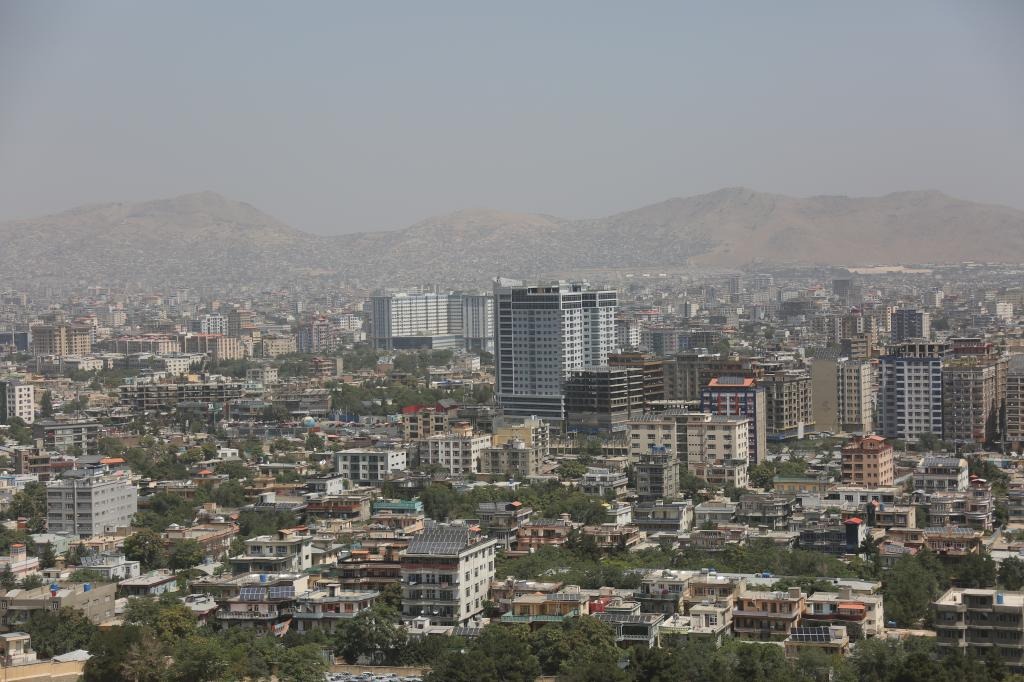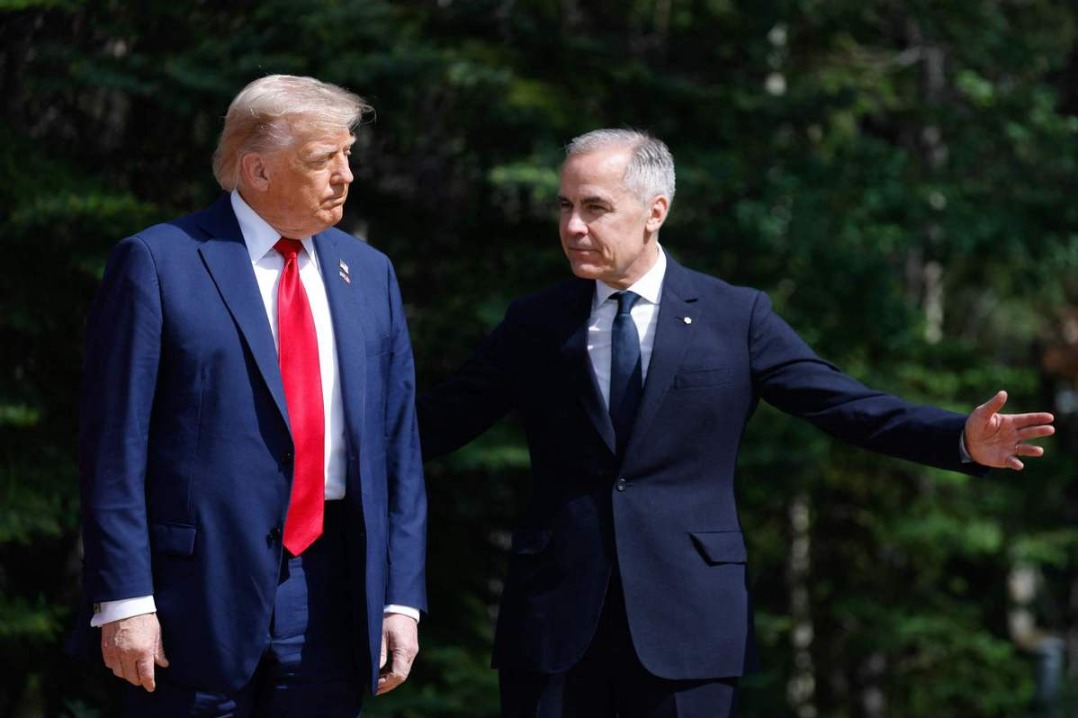Expansion of BRICS would offer benefits across globe

Globalization, the grand movement that has powered the world's economy for decades by eliminating barriers to trade and facilitating international links, has taken multiple hits over the past few years.
The time is right for any efforts to give globalization a bit of help. Expanding the membership of BRICS, a grouping of some of the largest developing economies — Brazil, Russia, India, China and South Africa — would likely fit into that category.
Argentina, a sophisticated but troubled economy, has taken steps to join the group, steps that have been well received. Expanding BRICS could help boost links among disparate economies that would not naturally come together. Argentina's joining seems like a good option.
The term BRICS goes back to Jim O'Neill, an economist at Goldman Sachs, who in 2001 described the emergence of the BRIC economies, without South Africa at the time, as likely to dominate the global economy by 2050. In 2009, BRIC held its first summit, and in 2010 South Africa joined the group.
The BRICS members have continued to meet, and they have created a disparate group with enormous potential. In many ways, BRICS could provide balance to the G7 group of developed nations that has long held something of a leadership position over the global economy.
Over time, BRICS could become more influential than the G7, even if this could take a few decades. Certainly, though, BRICS has a direct impact on many more people.
The economies that made up the G7 this year — Canada, France, Germany, Italy, Japan, the United Kingdom, the United States and the European Union — are home to about 16 percent of the world's population, while the BRICS economies account for almost 41 percent.
On the other hand, the G7 members account for 62 percent of the global economy, while the BRICS economies account for a little more than a quarter, and the average per capita GDP of the G7 economies was almost six times larger than that of BRICS.
With that said, BRICS grew at an average of 6.26 percent in 2021, according to World Bank numbers, while the G7 grew at 5.15 percent. BRICS grew faster than the world average, while the G7 grew at a slower pace. And this has been the case for some time.
For now, the G7 holds the reins of the global economy, but the scales are beginning to even out.
The growing infrastructure that BRICS is building could benefit from additional membership and strengthen existing and prospective members.
A case in point is the New Development Bank, which counts the BRICS economies as its founding members and has $50 billion in capital, of which $15 billion has already been deployed. Powered by China's international ventures as well as growth in India and South Africa's leadership in Africa, BRICS is making waves and beginning to gain recognition on the global stage.
Argentina's application to join BRICS may signal the start of the group's expansion efforts.
Although its population and economy are smaller than those of any of the current BRICS members, — especially China and India — Argentina brings other strengths to the table. It is the second-largest economy in Latin America and would expand the group's footprint in the region. The country also has plenty of natural and human resources.
In addition, Argentina is a middle-income country with a complex and reasonably well-developed economy, and it has a quality educational system.
There is an argument to be made that Argentina needs to join the group to secure future sources of funds as it runs out of options with existing Western-led organizations. The trouble with Argentina is, and will likely remain, its economy, which seems to jump from one crisis to the next.
BRICS, increasingly backstopped by China's growing wealth, could lend some stability to Argentina in the decades ahead.
China, which currently holds the rotating presidency of the group, has already received Argentina's official request to join. India has said that it supports the application, and Argentina believes that consideration of the application will not take too long.
If Argentina's application is accepted, it could open the door for other countries to follow suit.
An expanded BRICS could, if members managed to find some kind of ideological guiding compass and common ground on issues, emerge as a powerful force for global leadership.
The author is managing director of Bahati, an editorial services agency based in Hong Kong.
































